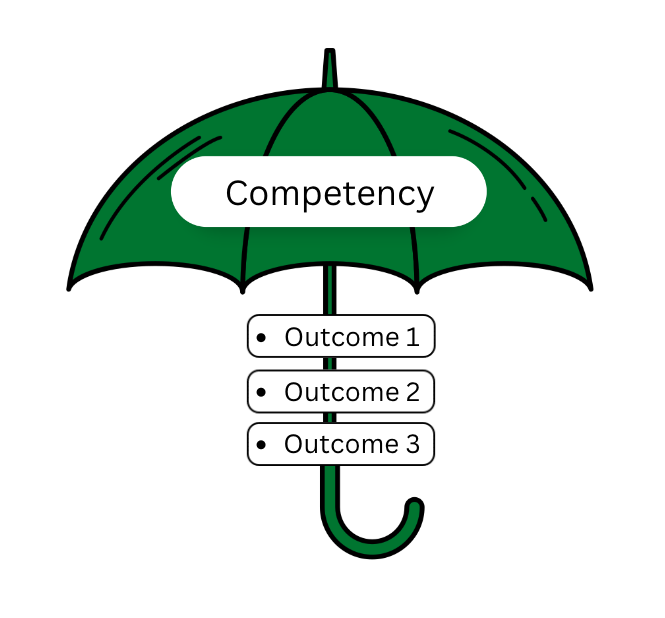Online Homework Systems: How to Protect Student Privacy and Keep Materials Costs Down
Online homework systems (OHS) are online tools that can grade questions asked to students as homework, track formative practice, or assess examinations. Students can receive immediate feedback on the activities they complete using an OHS, providing students with a clear picture of how they are progressing and where they may need to do some additional work.
OHS are used extensively through the STEM disciplines, but are also used in other fields including Psychology and business. While they have benefits for both instructors and students, there are concerns that both should be aware of.
Concerns
The Cost of OHS for Students
In about half of the courses using OHS purchased through the bookstore, students are required to make that purchase as part of their grade in the course. Often, the OHS is bundled with a textbook making it impossible for students to purchase a used textbook or even use one they purchased a previous year, in the case of needing to repeat a course. Publishers are also moving toward a model where bundled textbooks are only available online and for a limited time.
While instructors at the U of S have saved students almost $2 million in the past five years with a steady increase in the use of open textbooks, the costs associated with homework systems could potential counter that savings, something publishers are aiming for with methods such as bundling textbooks and OHS.
Student Purchases Directly From Publishers
As I noted above, in some courses students are sent directly to publisher websites to purchase access to an OHS. This requires them to have a credit card and opens them up to privacy breaches of their financial information as well as any additional information that publishers require them to submit. This risk can be mitigated by instructors having students purchase required access codes through the Bookstore.
Limitations for Instructors
While OHS can make grading, especially in large classes, easier for instructors and TAs, but there are also limitations. In many cases, instructors have little control over the content being assessed. In addition, some systems, especially if students are going directly through the publisher’s website, won’t integrate with the grade book in the learning management system.
Supports For Instructors
The U of S Bookstore Wants to Help Keep Costs Low for Students
I’m often asked how the Bookstore feels about the growth of open textbooks and the questioner is surprised when I say “they love it, they’re the ones who offer the print-on-demand service for open textbooks.” The U of S Bookstore wants to speak with instructors about how to lower materials costs for students. Most classes use traditional course materials, which are made by publishers, but ordered by instructors. In their role as supplier of these materials, the Bookstore is limited in what it can do and needs instructor help in reducing costs for students. To learn more about how to reduce costs for students, please visit their website here or reach out.
ICT Can Help Protect Student Privacy
In order to protect student privacy, USask has established formal terms of use agreements with a number of software and textbook publishers addressing required privacy, legal, security, and business requirements. Check with ICT to find out if the vendor you wish you use has an agreement with USask.
Help and Funding For Alternatives to Commercial OHS
The GMCTL can assist you in finding alternatives to requiring students to purchases access to commercial OHS in three ways:
- Advise instructors on alternative forms of assessment
- Discuss with instructors options for non-commercial OHS
- Provide funding for the development of assessments such as test-banks
For more information about these options, please contact Heather M. Ross at the GMCTL.
Guidelines for the Use of OHS at USask
The U of S is currently developing guidelines for the use of OHS at the university. These guidelines will take into account the needs of both students and instructors.


